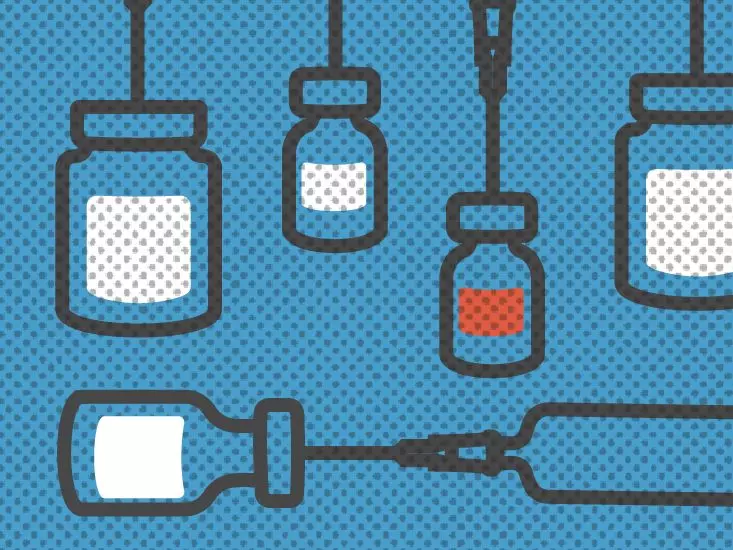In the realm of psychiatric medications, Invega Hafyera has emerged as an option for managing certain disorders, particularly schizophrenia. However, this antipsychotic drug carries significant warnings that necessitate careful consideration by both healthcare providers and patients, especially for vulnerable populations such as the elderly.
The Food and Drug Administration (FDA) issues boxed warnings to highlight potential dangers associated with specific medications. In the case of Invega Hafyera, the warning specifically pertains to its use in older adults who experience dementia-related psychosis. Such patients may face an increased risk of mortality, which is particularly alarming for families and caregivers. Dementia itself is known to impair cognitive functions, leading to difficulties in communication and memory, thereby complicating the clinical picture.
While the clinical trials for Invega Hafyera did not directly report elevated death risk in this demographic, the nature of antipsychotic medications as a whole prompts caution. The associations between antipsychotic drugs and heightened mortality rates in this age group cannot be overlooked. Consequently, it is essential for healthcare providers to evaluate these risks critically before prescribing this medication to older adults suffering from dementia-related symptoms.
In addition to the risks of increased mortality, another pressing concern is the higher likelihood of stroke associated with the use of antipsychotic drugs in older adults with dementia-related psychosis. Strokes can have devastating consequences, including permanent disability or death. Symptoms such as sudden confusion, headache, or weakness on one side of the body are warning signs that require immediate medical attention. Calling emergency services is vital if any of these symptoms arise following the use of Invega Hafyera.
This connection between certain medications and the risk of stroke emphasizes the need for careful monitoring of patients, particularly those in vulnerable age groups. Healthcare providers must remain vigilant and ready to act if any concerning symptoms develop.
Before initiating treatment with Invega Hafyera, it is imperative that patients engage in an in-depth discussion regarding their medical history with their healthcare provider. The presence of pre-existing medical conditions or other health factors can greatly influence the appropriateness of this medication. Therefore, prior to starting treatment, decisions must be grounded in a thorough assessment of the patient’s overall health circumstances.
The information surrounding the side effects and interactions of Invega Hafyera is extensive; hence, it should never be regarded as a catch-all solution. Each individual’s health is unique, and medications can affect patients in diverse ways. Thus, ongoing communication between the patient and healthcare provider is key.
While Invega Hafyera may offer benefits for specific psychiatric conditions, the potential risks—particularly for older adults—cannot be ignored. A cautious approach involving informed decision-making and regular monitoring is critical. This ensures that both healthcare professionals and patients can navigate the complexities of treatment options while prioritizing safety. As always, consulting with a licensed healthcare professional is essential in making the best decisions regarding any medication.

